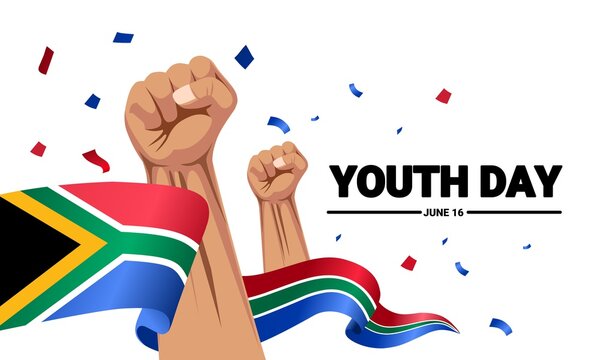Schools and communities across the country host events on Youth Day South Africa to educate young people about the significance of this historic day. Youth Day in South Africa is celebrated every year on June 16. It is a public holiday that pays tribute to the important part young people played in the country’s fight for freedom. This day is especially meaningful because it remembers the Soweto Uprising that happened in 1976. During this event, many young people protested against the unfair system of apartheid, and it became a key moment in the struggle for equality. This Day not only looks back at this important history but also highlights the ongoing difficulties and dreams of young people in South Africa today.
What Happened On 16 June Youth Day?
Youth Day started because of the Soweto Uprising, which began on June 16, 1976. Youth Day South Africa serves as a reminder of the importance of youth empowerment and the role of young people in shaping the nation’s future. On that day, thousands of black students from Soweto, a township in Johannesburg, protested against the apartheid government’s rule that Afrikaans should be the main language used in their schools.
The protest, which began peacefully, turned violent when the police started shooting at the unarmed students. This resulted in many deaths and caused outrage across the country. The events of that day became a crucial moment in the fight against apartheid, showing how important the youth were in standing up against unfair treatment.
Significance of Youth Day
This Day is a time to think back and remember, honoring the young people who lost their lives and showed great bravery in 1976. It is also a day to celebrate the strength and determination of today’s youth as they continue to strive for freedom, equality, and justice. This day reminds us how important it is for young people to be active in fighting for their rights and highlights the need to solve the social and economic problems that still affect young people in South Africa.
Celebrations and Observances
This Day is celebrated with a range of activities all over South Africa, including educational programs, cultural events, and political speeches. Schools and communities often hold events to teach young people about the history and importance of the Soweto Uprising. There are cultural performances like music, dance, and poetry that showcase the rich heritage and talents of South African youth. Political leaders and activists use this day to talk about current issues that young people face, such as unemployment, education, and social inequality.
Challenges Facing South African Youth Today
Despite the progress made since the end of apartheid, young people in South Africa still face many serious challenges. High unemployment rates, limited access to quality education, and ongoing socio-economic inequalities are common problems. The apartheid-era education system left lasting negative effects, making it difficult for many young people to reach their full potential. Furthermore, issues like crime, substance abuse, and mental health problems are pressing concerns that need urgent attention.

